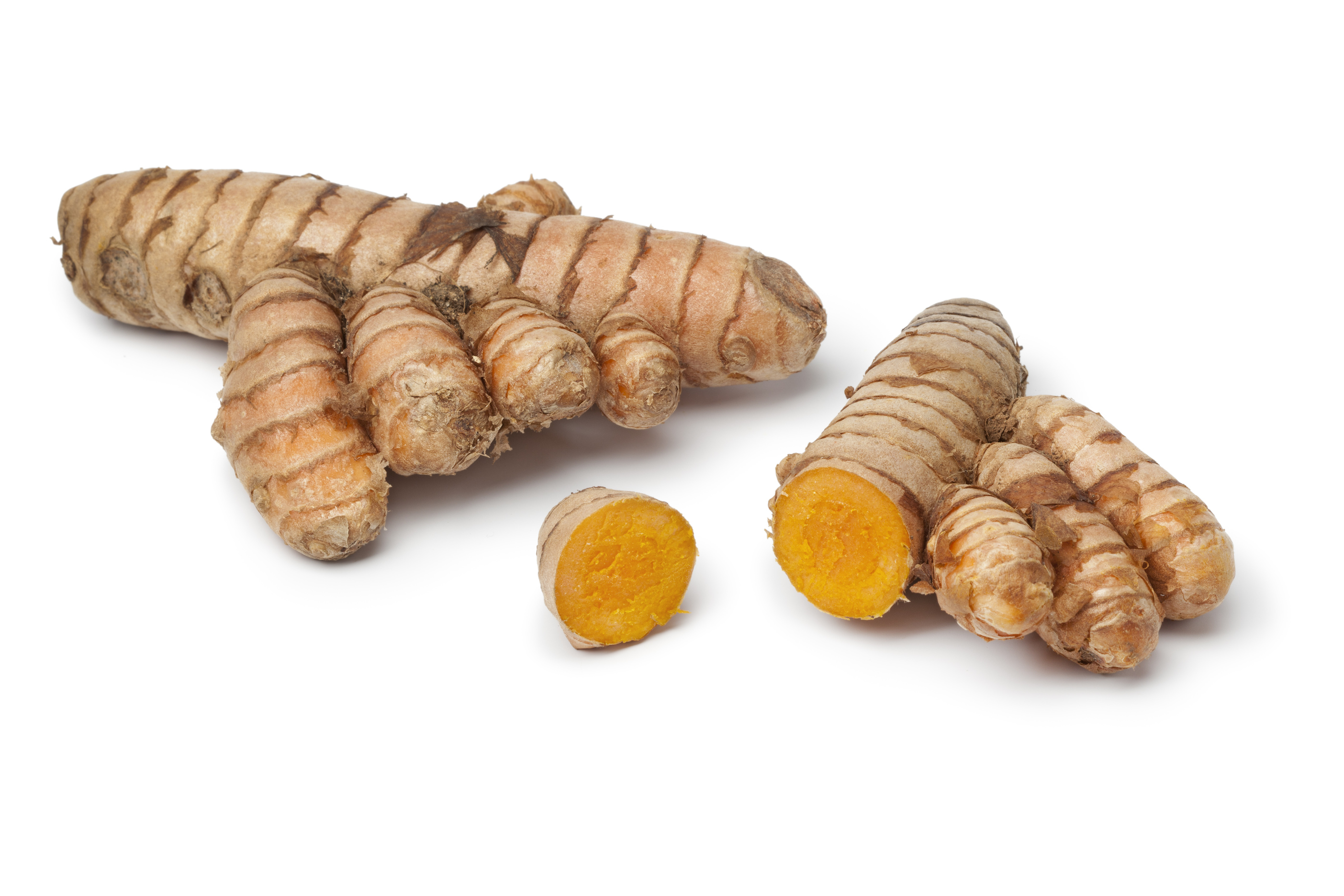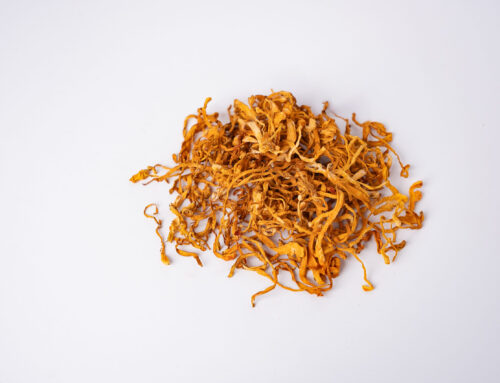People relying on over-the-counter NSAIDs for pain and inflammation could benefit from natural alternatives instead. With the exception of boswellia, all of these natural anti-inflammatories are considered safe enough for long-term use.
The list below can be used as a refresher on the safety of natural anti-inflammatories commonly prescribed by naturopathic doctors, and as a handy tool to help patients understand why it is critical they let their health care providers know about all the medications and supplements they are taking.
Bromelain
Great for: Pain due to inflammation, when taken away from meals. Can be very useful to treat acute swelling due to trauma and surgery.
Word to the wise: May cause gastric upset, diarrhoea, chest pain and increased heart rate. People who are allergic to latex or pineapple should not use bromelain. Discontinue bromelain two weeks before a surgery.
Boswellia serrata
Great for: Osteoarthritis and rheumatoid arthritis. May see improvement of symptoms within 7 days of treatment.
Word to the wise : May cause nausea, epigastric pain, diarrhoea and acid reflux. People who have autoimmune conditions should take boswellia with caution because of its immunostimulant properties. Not safe for long-term use.
Ginger root
Great for: Rheumatoid arthritis, osteoarthritis and nausea. Ginger can also be effective on reducing the symptoms of vertigo.
Word to the wise: It is generally well tolerated, but people with bleeding disorders, diabetes or heart conditions should take ginger with caution because it might increase their risk of bleeding, cause hypoglycemia, and decrease heart rate and heart muscle contraction.
Green tea extract
Great for: Inflammation. Gargling green tea can be used to help prevent colds and flus. Topically, green tea can be used as a poultice to help reduce bags under the eyes from tiredness.
Word to the wise: People should take this with caution if they have iron deficiency, anxiety, cardiac arrhythmias, diabetes, glaucoma or osteoporosis, because it might promote cardiac arrhythmias, impair glucose metabolism, increase intraocular pressure, and may also increase urinary excretion of calcium.
Curcumin
Great for: Osteoarthritis and rheumatoid arthritis. Did you know that curcumin, which is found in the spice turmeric, can be used in foods, textile dyes and cosmetics to add vibrant colour?
Word to the wise: Although it is generally well-tolerated, people with gallstones, bleeding disorders, diabetes or hormone-sensitive cancers should take curcumin with caution because it might cause gallbladder contractions, decrease blood glucose, and have mild estrogenic effects. Discontinue curcumin two weeks before surgery.
Holy basil
Great for: Arthritis, immunomodulation and inflammation. Holy basil can be applied topically to treat ringworm.
Word to the wise: It may cause prolonged bleeding time, so people on anticoagulant supplements, medications or herbs should take holy basil with caution. Discontinue two weeks before surgery.
Resveratrol
Great for: Pain and inflammation. Can be used to help increase HDL cholesterol levels.
Word to the wise: Patients with hormone-sensitive conditions should not take this because of its possible estrogenic effects. Discontinue two weeks before surgery.
Rosemary
Great for: Musculoskeletal pain, gout and sciatica. Can be used in combination with other essential oils to treat alopecia areata.
Word to the wise: People with an allergy to aspirin or bleeding disorders should take rosemary with caution because it has salicylates. People with seizure disorders should not take rosemary. because it might increase the likelihood of having a seizure.
Stinging nettle
Great for: Osteoarthritis and allergic rhinitis. Can be used both orally and topically for osteoarthritis.
Word to the wise: Stinging nettle is generally well-tolerated, but people with diabetes, hypotension or renal insufficiency should take this with caution because it is a diuretic and might cause hypoglycemia and low blood pressure.










Leave A Comment